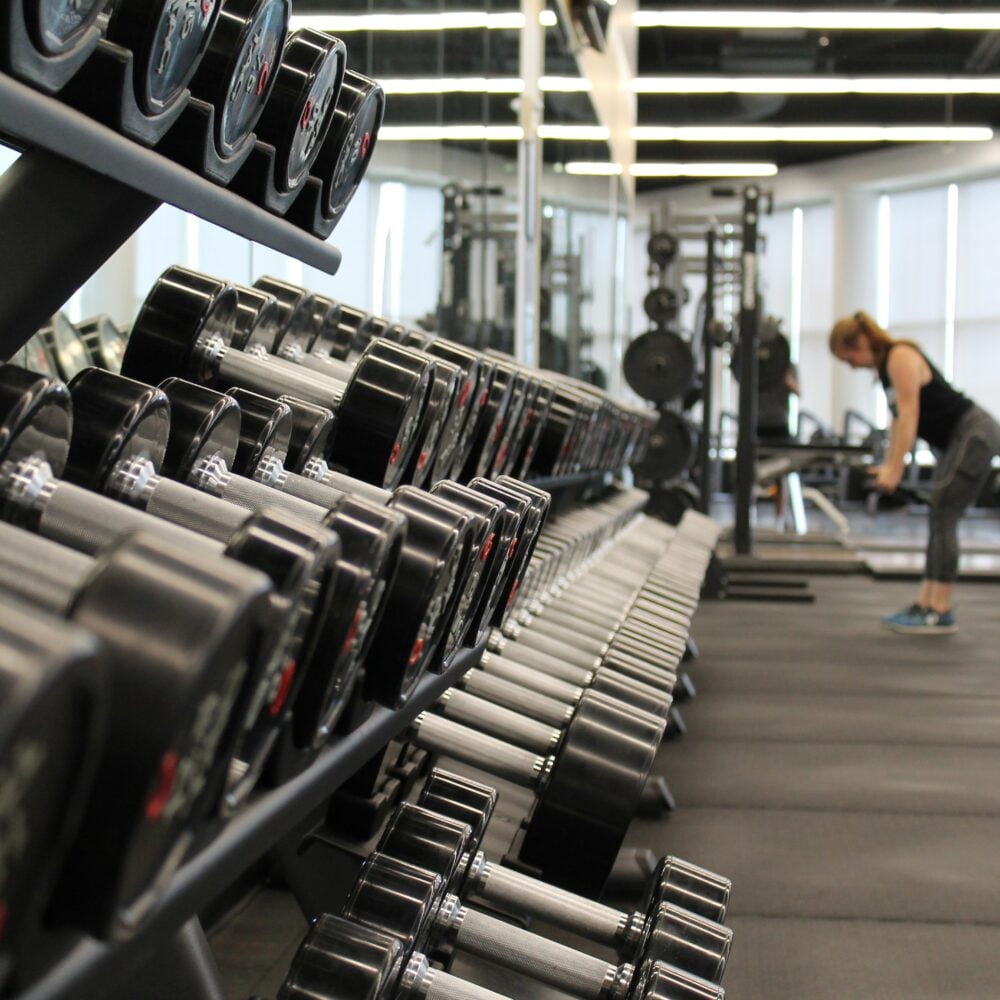
Special Features of Designs for Gyms and Fitness Industry
A typical hotel website often includes a range of features designed to provide information and facilitate reservations for potential guests. Here are some common features found on gym and fitness websites
The homepage serves as the main entry point and typically showcases the gym’s branding, images, and key information about the facility.
A gym website typically includes an online booking system that allows visitors to check availability, select dates, choose room types, and make reservations directly through the website. This feature may also include a secure payment gateway for online transactions.
Gyms often feature special offers, packages, and promotional deals on their websites to attract potential customers. This section highlights discounted rates, seasonal promotions, or exclusive packages.
A collection of high-quality images and virtual tours of the facilities, and common areas give potential customers a visual representation of the facility. These visual elements help customers make informed decisions about their visits.
This section highlights the amenities and facilities offered by the hotel, such as restaurants, bars, fitness centers, swimming pools, spas, business centers, and any other recreational or leisure activities available on-site.
Gyms often include sections featuring customer reviews, ratings, and testimonials to build credibility and trust. These reviews may come from previous customers or through external review platforms.
Contact details such as phone numbers, email addresses, and physical addresses of the gyms are typically provided for customers who have questions or want to make inquiries before booking.
Links to the gym’s social media accounts allow customers to connect and engage with the gym through platforms like Facebook, Instagram, Twitter, or LinkedIn. This integration may also include social media feeds showcasing real-time updates and customer experiences.
To cater to an wide range of audiences, some gym websites offer multilingual support, allowing visitors to switch between different languages for ease of navigation and understanding.
As mobile browsing becomes increasingly popular, gym and fitness websites should be optimized for mobile devices to ensure a smooth user experience and easy access to information and booking functionality.
Please note that while these features are commonly found on gym websites, the specific design and content may vary depending on the gym brand, size, and target audience.



















